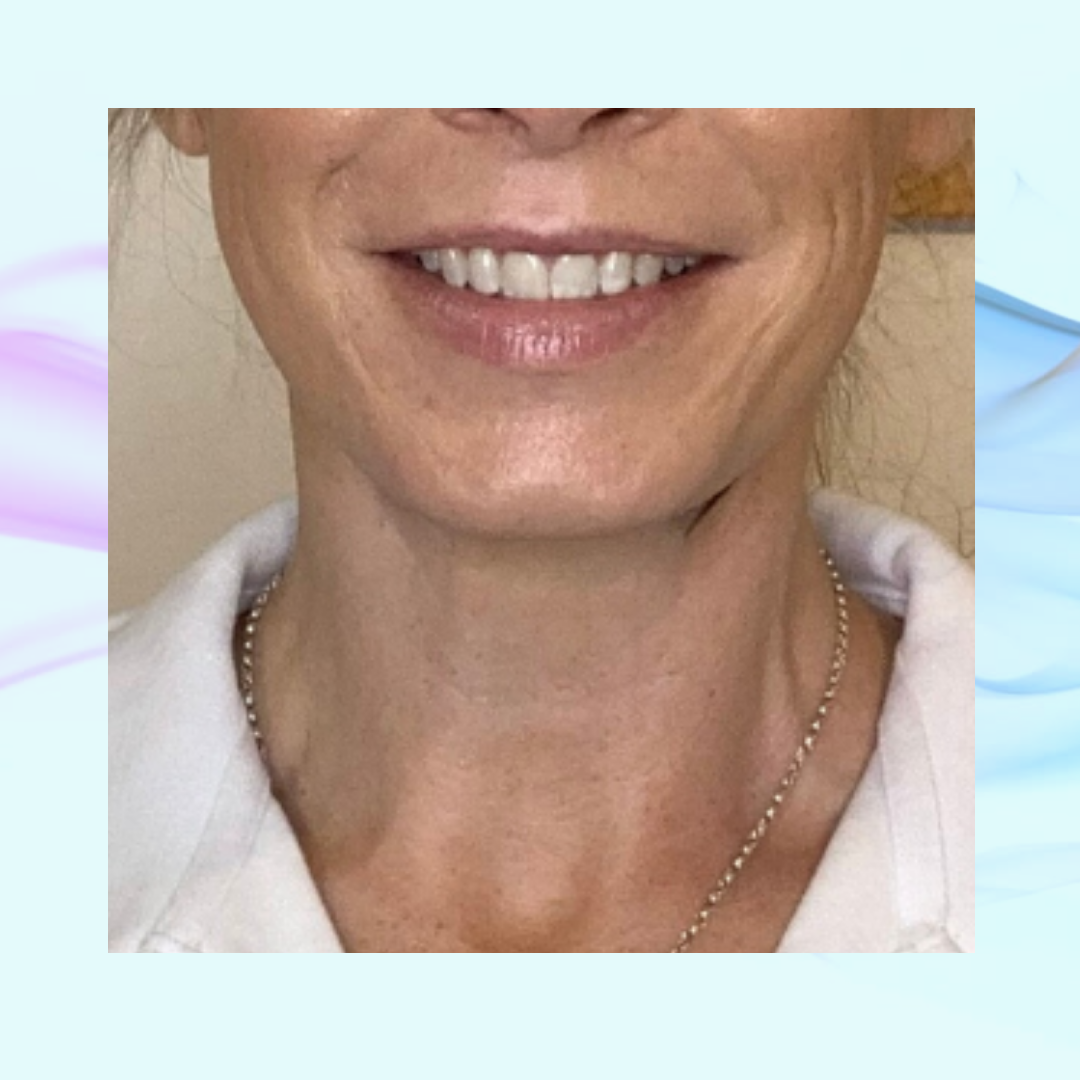Supporting your thyroid
So how can we support our thyroid? I know this is probably the only part you want to know about, it’s a good idea to know the details so you know what to look out for, plus I love sharing and talking about the body!
I would advise you to read as much as possible around thyroid conditions if you believe that you may have one and become as educated as you can.
But for me, rather than treating symptoms, getting to know the root cause of a problem will have far greater potential to manage and treat your condition, it really depends on how much of your thyroid function is still present, but you can work to optimise the function as much as possible. So, you want to produce T4 and for your body to convert T4 into the useable form of thyroid hormone, T3, rather than reverse T3, and for the cells to utilise the hormone available.
Remember the thyroid gland is controlled by the pituitary gland in the brain, so anything that affects you mentally will influence this.
When it comes to thyroid issues, most people seem to be dealing with hypothyroidism (low thyroid function), so this is what we will discuss.
Some of the factors that reduce thyroid function are:
Some of the factors that reduce thyroid function are:
Stress
Infection
Medication
Fluoride (the antagonist to iodine)
Environmental toxins
Autoimmune conditions
Trauma
Some of the factors that increase the conversion of T4 to reverse T3:
Stress
Low calorie diet
Inflammation
Environmental toxins
Liver/ kidney dysfunction (detox organs)
Infections
Medications
Trauma
What we need for thyroid hormone production:
Iron
Iodine
Zinc
Selenium
Tyrosine
Vitamin B2
Vitamin B3
Vitamin B6
Vitamin C
Vitamin D
Vitamin E
What helps to enhance T4 to T3 conversion?
Selenium
Zinc
What improves cell receptor response to thyroid hormones?
Vitamin A
Zinc
Exercise
Stress reduction
So what can you do?
Well yu may need some help in figuring out which part of the process is not efficient, but the following will work on the whole system.
For high TSH/ Low T4
Support your thyroid in hormone production by lowering your stress levels- if you can’t remove the stressor, you need to look at ways to either circumnavigate it, to minimise it or to develop strategies to better cope with it (more on this soon- but you can sign up on the website to get our free guide to reducing stress).
If you have any chronic infections/ injuries then you need to work on healing theses as a priority- the increased inflammation in the system has a negative effect on the thyroid.
Act to reduce the environmental toxins that you are exposed to on a daily basis- see our BLOG here.
Support your gut microbiome (more to come on this soon!).
Ensure a varied diet, that is nutritious to support thyroid hormone production… be aware of supplementation, i’m not a huge fan of long term supplementation, and try to get as much from a balanced diet as possible.
For low T3/ High Reverse T3
Support your body in its conversion of T3 to T4, as stated previously, stress has huge impacts on hormone production… do look to deal with this as a priority, along with healing chronic infections/ injuries, and eating a nutritious diet- selenium and zinc.
Ditch the low calorie diet!! Seriously you are damaging your hormone production! if you don’t have enough calories, your body alters its priorities to sustain life and vital functions- if you’re worried, then increase your protein and fat and lower the carbohydrates- it’ll help to keep you fuller and also utilise the optimal energy production pathways for hormone synthesis.
Support your liver and kidney function if they are below par, speak to your physician about getting tests, to check yours, or contact e for details of private testing.
Discuss medications with your GP, some betablockers, the birth control pill, some anti seizure medication, and medication for CPD/ asthma may affect thyroid hormones.
For those who are symptomatic, but have levels in the ‘normal’ range:
All of the above will help you.
Moderate you stress levels and ensure you are eating a nutritious diet, as previously included- zinc and vitamin A to support the cell receptors.
Move more of you more often- physical activity helps with moderating thyroid hormones.
Remember that nothing is a quick fix, and much of the options provided here are for FREE. You need to give it a go for at least 6 weeks to notice any tangible differences, though it always depends upon the individual and this may take many months for differences in your test results. Don’t be disheartened if you don’t notice results over night.
Your body wants to do right by you, but you need to care for it and provide the resources it needs, you deserve to feel awesome!
Oh and just so you know, if you go to your GP and ask them what you can do to help your thyroid, don’t be surprised if they reply nothing, or with thyroxine… if you mention what I’ve discussed here, they may not acknowledge it.
Of course, they are obviously well educated, but supporting yourself from within is the quickest route to health.
Just so you know, ANF therapy can be utilised to holistically support your thyroid and CST and ANF therapy is great for dealing with stress!
References
http://www.thyroiduk.org.uk/tuk/About_Us/study-report-5.01.12.html
https://www.ncbi.nlm.nih.gov/pubmed/30224316
https://academic.oup.com/bmb/article/99/1/39/298307
https://academic.oup.com/jcem/article/99/3/923/2537300
https://www.womenshealth.gov/a-z-topics/thyroid-disease
https://www.ncbi.nlm.nih.gov/pubmed/8051643
https://www.ncbi.nlm.nih.gov/pubmed/23998691
https://www.ncbi.nlm.nih.gov/pmc/articles/PMC3113168/
Disclaimer: It is obviously important to be assessed by a physician who can make a diagnosis. This is not intended to provide medical advice or to take the place of medical advice and treatment from your personal physician. Readers are advised to consult their own doctors regarding the assessment of medical conditions, so as there is no misunderstanding or misuse of the information provided and discussed here- this is for information purposes only.
Please reach out or enquire if you need more support and guidance.



